
Our vision: A safe and healthy Kitsap County for all.
Disposing of Needles


The Pollution Prevention Partnership is comprised of representatives from cities, counties, and health districts. Funding assistance is provided by the Department of Ecology and allows the program to provide free hands-on-assistance to Small Quantity Generators* (typically small businesses and organizations) who wish to improve their practices by reducing impacts to human health and the environment.
This is accomplished through technical assistance visits that are designed to reduce or eliminate hazardous waste and pollutants at the source. A local pollution prevention specialist will meet with your organization to evaluate current activities and practices. They will discuss concerns, observations, solutions, and work directly to help solve common challenges around dangerous wastes, stormwater, solid waste, and spill prevention. This collaborative process limits liability, reduces risk, and improves work environments.
If you would like to learn more about this program, contact your local specialist at 360-728-2235.
Our Pollution Prevention Specialists Can...





Review your spill prevention plans.
Help you locate recycling or disposal resources for hazardous waste.
Help you implement best management practices for stormwater.
Provide useful tools such as spill kits.
Explain hazardous waste regulations that apply to your business.
What Can We Help You with Today?

Schedule a FREE pollution prevention visit by calling 360-728-2235
What's a Small Quantity Generator?
Most businesses in Washington generate some amount of hazardous waste. If your business is a Small Quantity Generator, there are special rules you need to follow.
By Taking Steps to Prevent Pollution, You Can...





Avoid contamination of local streams and Puget Sound
Comply with regulations and avoid fines.
Increase efficiency and reduce cost.
Protect the health and safety of employees.
Reduce liablities.
Get recognized for your efforts.

Safely Handling Sharps Found in Public
What Should I Do if I Find a Needle, Syringe or Other Sharp in Public?
If you find a needle, syringe, or other sharp somewhere public like a park or parking lot, please do not retrieve them yourself. Kitsap Public Health has trained staff to handle discarded sharps. Please call us at (360) 728-2235 or use our online reporting form on our website to report the location. Please provide a detailed location of the item and provide your name and phone number so we can contact you if we need further detail. If possible, place something highly visible next to the sharp to make it easier for the inspector to see it.
What Do You Mean When You Say Sharps?
The term "sharps" is used to refer to any device that is intended to puncture or cut the skin. This includes syringes with needles attached, scalpels, lancets used in diabetes testing, and intravenous tubing with needles attached, whether they have been used or not.
Why Should I Be Concerned About Sharps?
Sharps are physical and biological hazards. People may be injured by being stuck or cut by them. They may also transmit blood-borne viruses, such as hepatitis or HIV, since they often have come into contact with another person's blood.
Are Sharps Always from Illicit Drug Use?
No. Many health conditions and therapies require a patient to make use of sharps to test his or her blood or inject medication or vitamins. Regardless of the source, sharps are dangerous. We want to prevent unintentional needle-sticks.
Additional Resources
Questions?
Call us at (360) 728-2235.
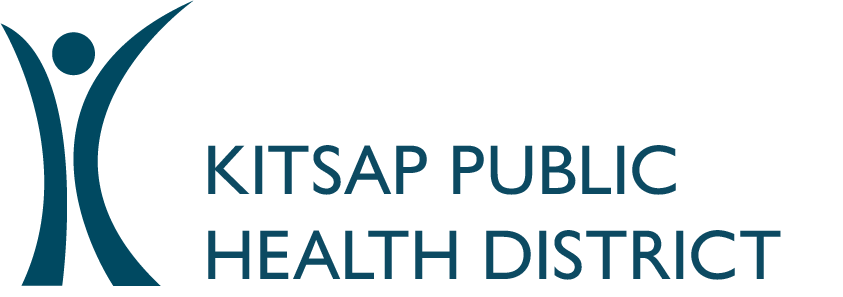


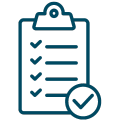
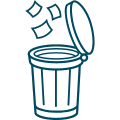

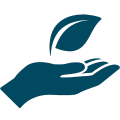
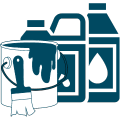
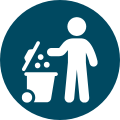
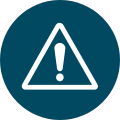

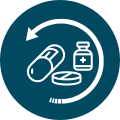
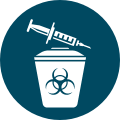
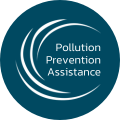


.png)
